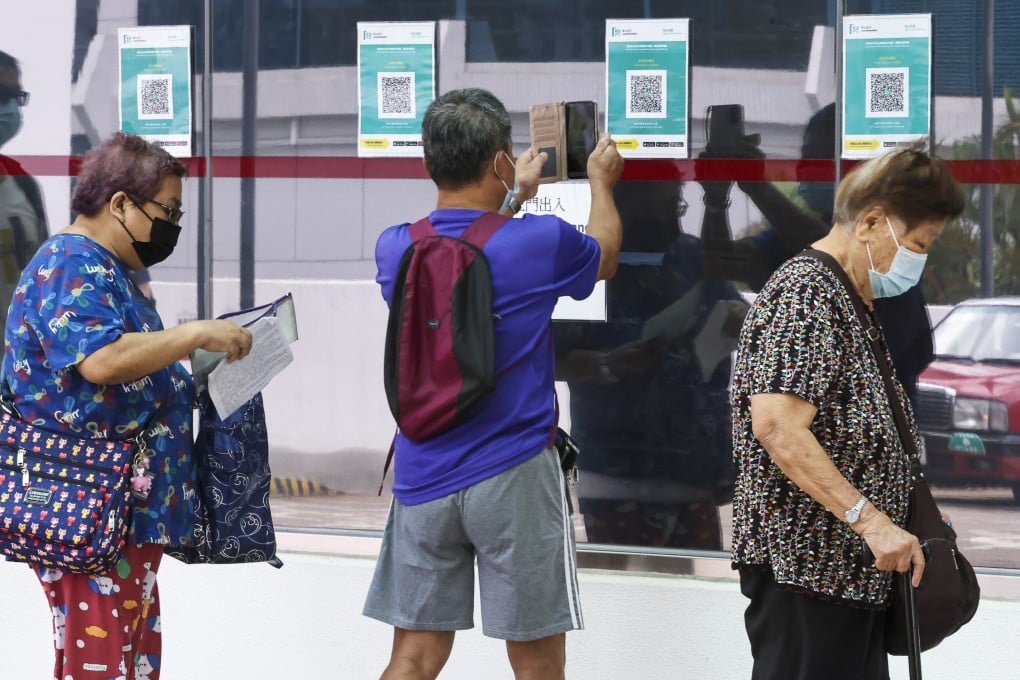Opinion | How digital healthcare can help Hong Kong lower costs, improve efficiency and integrate better with the Greater Bay Area
- The upcoming launch of the new eHealth+ system aims to connect the entire Hong Kong healthcare ecosystem and help patients better manage their health
- Digital healthcare could bring cost savings, more efficiency, better data security and further integration with systems in the Greater Bay Area

Permanent Secretary for Health Thomas Chan Chung-ching recently announced the upcoming launch of the new eHealth+ system in the second half of this year. It aims to connect the entire healthcare ecosystem, including hospitals, primary healthcare service providers and citizens. The goal is to empower people to better manage their health and locate suitable medical services.
However, the motivation to use such solutions, no matter how well-designed, is not nearly as strong as using them to adhere to social distancing protocols. With millions having already downloaded the eHealth app, adding functionality can help get the most out of the existing user base.
In a way, the government needs to answer the call for upgrades to the existing architecture. Consumers are becoming less tolerant of ossified legacy systems that don’t support data transferability. How many have had the experience of rummaging through old files for physical records because of a lack of digital copies?


